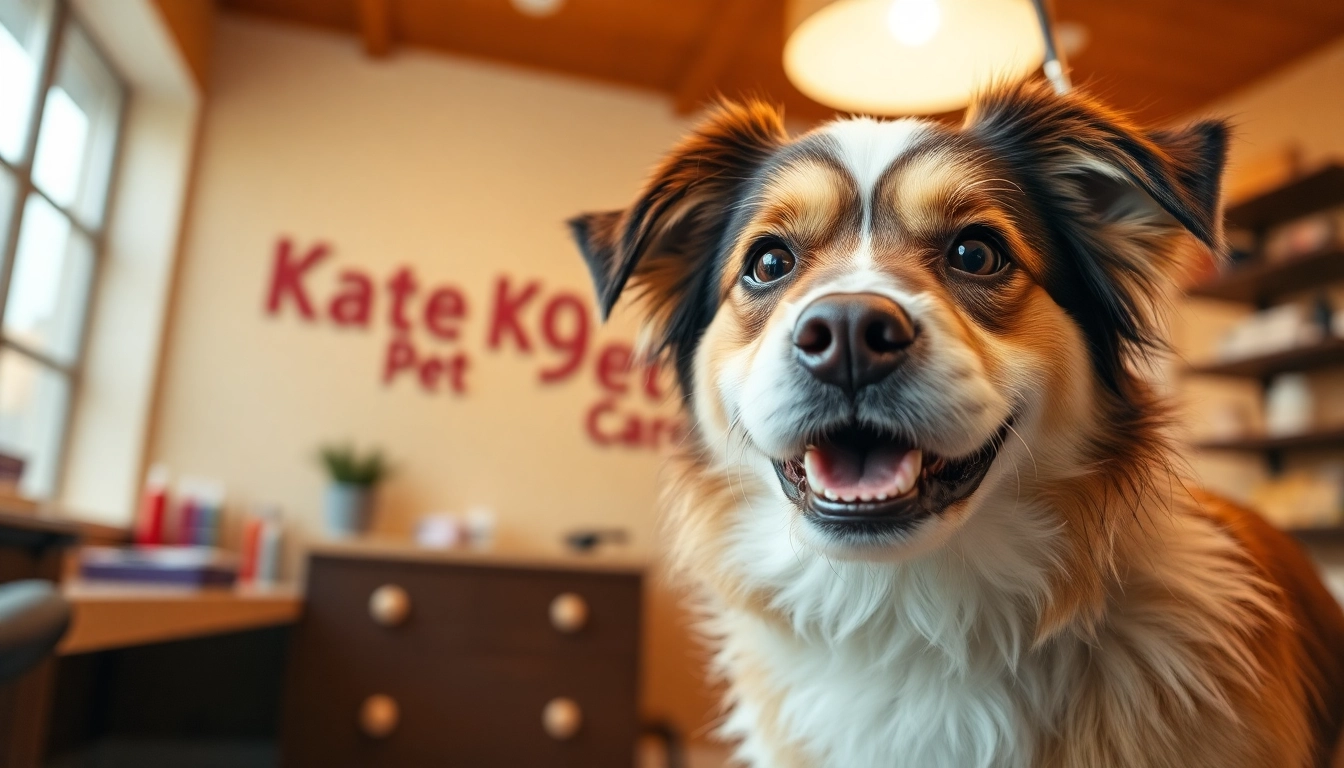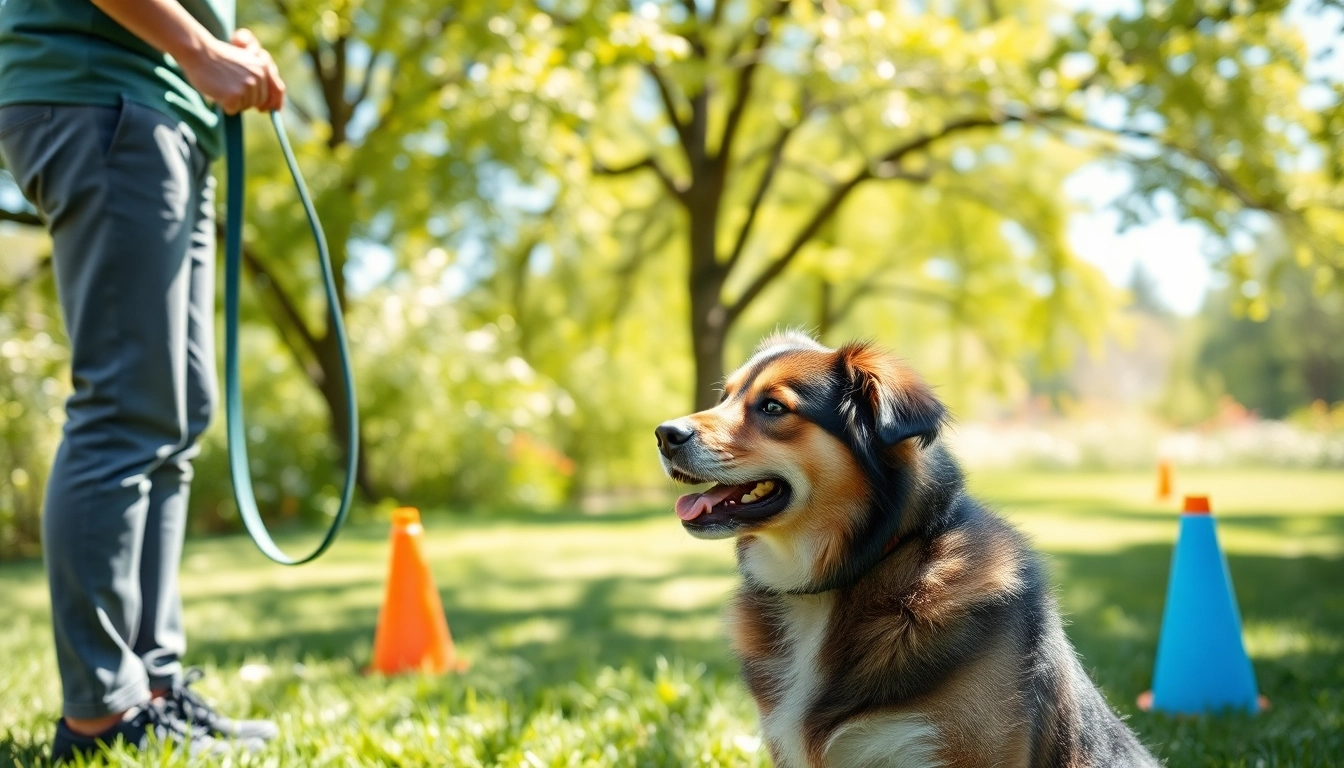Introduction to Autism Dogs
Autism dogs have emerged as crucial companions for individuals on the autism spectrum, providing support that enhances their quality of life. These specially trained animals can help manage everyday challenges faced by autistic individuals, fostering a sense of safety and companionship. Understanding the role and benefits of autism dogs is vital for families and caregivers seeking to improve the lives of those with autism.
What Are Autism Dogs?
An autism assistance dog, often referred to as an autism service dog, is specially trained to assist individuals with autism. These dogs are not only companions; they are also trained to respond to specific behaviors often associated with autism, such as wandering, anxiety, and social interaction difficulties. By providing emotional support and assurance, autism dogs can help individuals manage their symptoms and navigate daily life more effectively.
The History and Evolution of Autism Dogs
The concept of using dogs for support in therapeutic contexts dates back many years, but the specific training of dogs for autism assistance began to gain prominence in the late 20th century. As awareness of autism spectrum disorder (ASD) increased, so did the recognition of the potential benefits of assistance dogs. Early programs focused primarily on mobility assistance or support for physical disabilities, but research has shown that service dogs can be incredibly beneficial for emotional and social support as well.
Benefits of Autism Dogs for Individuals with Autism
Autism dogs offer numerous advantages for individuals on the spectrum. Among the most notable benefits are:
- Emotional Support: The presence of a dog offers companionship that can alleviate feelings of loneliness and anxiety.
- Increased Safety: Autism dogs can be trained to prevent wandering, a common risk for individuals with autism.
- Social Skills Development: Interacting with a service dog can improve communication skills and help foster relationships in social settings.
- Routine and Structure: Caring for a dog adds a routine to the owner’s daily life, providing structure that can be beneficial for individuals with autism.
Choosing the Right Dog for Autism Support
Key Traits to Look for in Autism Dogs
When selecting a dog for autism support, it’s essential to consider specific traits that contribute to effective assistance. Key characteristics include:
- Temperament: A calm, patient demeanor is crucial. A dog that is easily stressed or overly energetic may not be suitable.
- Trainability: The ability to learn and adapt to commands is vital, as autism dogs need to be trained for specific tasks.
- Affectionate Behavior: Dogs that are naturally affectionate can provide the emotional support needed by individuals with autism.
Understanding Breed Characteristics
Different breeds offer varying traits, making it necessary to understand which breeds typically excel as autism dogs. Popular breeds include:
- Golden Retrievers: Known for their friendly and gentle nature, they are often used in service roles.
- Labrador Retrievers: Their intelligent and adaptable nature makes them ideal candidates for autism support.
- Cocker Spaniels: Their affectionate and playful demeanor helps in engaging with children on the spectrum.
Matching Dogs with Individual Needs
Every individual with autism is unique, and so are their needs. It’s critical to match the right dog to the specific characteristics and requirements of the individual. Consider the following factors:
- Age and Size: For younger children, a smaller dog may provide a sense of security without overwhelming them.
- Behavioral Needs: Understanding specific triggers in the individual can guide the selection of a dog that is sensitive to those needs.
Training Autism Dogs for Success
Basic Training Requirements for Autism Dogs
Training is a crucial aspect of preparing autism dogs to support their owners effectively. Basic training involves teaching standard commands such as sit, stay, come, and heel. Additionally, these dogs must be well-socialized to interact appropriately with people and other animals.
Specialized Skills Training Techniques
Beyond basic commands, autism dogs may need specialized skills training to address the unique challenges of their owners. Techniques can include:
- Wandering Prevention: Training the dog to track and bring back a wandering owner can be life-saving.
- Deep Pressure Therapy: Some dogs are trained to provide physical comfort during anxiety episodes by applying pressure, which can have a calming effect.
Ongoing Training and Reinforcement
Continuous training and reinforcement are vital for the success of autism dogs. Regular practice of learned skills helps maintain their effectiveness and ensures dogs remain responsive to their owners’ needs over time. Engaging in training sessions also strengthens the bond between the dog and owner, fostering trust and communication.
Integrating Autism Dogs into Daily Life
Living with an Autism Dog: Daily Routine
Integrating an autism dog into daily life involves establishing routines that incorporate the dog’s presence effectively. This can include:
- Morning Routines: Involving the dog in morning rituals can help set a positive tone for the day.
- Structured Activities: Engaging in playtime, walks, and training sessions can create a fulfilling daily routine.
Social Interactions and Community Involvement
Having an autism dog can positively influence social interactions. Dogs often serve as social lubricants, making it easier for individuals with autism to engage with others. Community involvement can further enhance social skills, as many service dog programs encourage participation in group activities and events.
Traveling with Autism Dogs: Tips and Considerations
Traveling with an autism dog requires planning and consideration to ensure a smooth experience. Tips include:
- Preparation: Familiarizing the dog with new environments can mitigate anxiety during travel.
- Supplies: Always pack essential supplies, such as water, food, a leash, and comfort items, to help your dog feel secure.
Resources for Autism Dogs
Finding Qualified Service Dog Organizations
Identifying organizations that specialize in training and providing autism dogs is essential for families looking to acquire a service dog. Researching reviews, success stories, and training methods can help ensure a good match.
Cost and Funding Options for Autism Dogs
Acquiring an autism dog often comes with significant costs, including training and maintenance. However, various funding options and scholarships are available through non-profit organizations to assist families in need.
Support Networks for Families
Connecting with support networks can provide invaluable resources for families. These networks often share experiences, advice, and emotional support, making it easier for families to navigate the challenges of integrating autism dogs into their lives.



